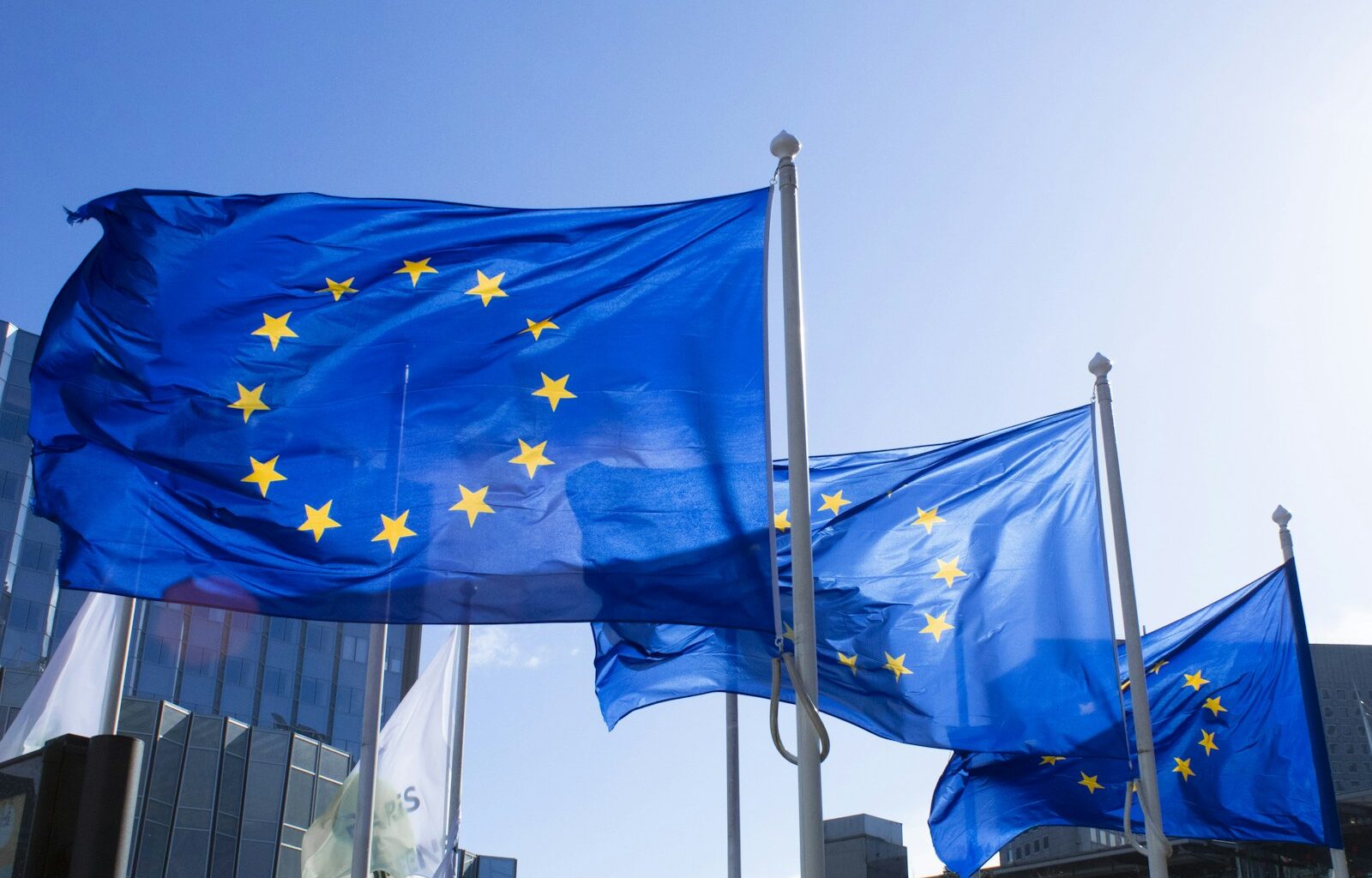Well, to be clear (again) this is not about the European Union’s AI regulation itself, but rather the implementation of it in the EU’s member countries. It’s not going as the creative industries hoped.
Their latest protest came in the form of a joint statement from industry bodies including Cisac, ECSA, EMMA, ICMP, the IFPI, Impala and IMPF from the music world, as well as their counterparts from other creative industries.
“We wish to formally express our dissatisfaction with the published GPAI Code of Practice, the GPAI Guidelines, and the Template for disclosure of a sufficiently detailed summary of training data under Article 53 of the EU AI Act,” is their complaint – these being the latest ‘General Purpose’ documentation for the regulations governing AI companies under the Act.
“Despite the extensive, highly detailed and good-faith engagements by rightsholder communities throughout this process, the final outcomes fail to address the core concerns which our sectors – and the millions of creators and companies active in Europe which we represent – have consistently raised,” they continued.
“The result is not a balanced compromise; it is a missed opportunity to provide meaningful protection of intellectual property rights in the context of GenAI and does not deliver on the promise of the EU AI Act itself.”
So what now? The rightsholder bodies want the European Commission to “revisit the implementation package and enforce Article 53 in a meaningful way”. And it also wants the European Parliament and EU member countries to “challenge the unsatisfactory process of this exercise”.
Will they? And if they do not, what will the creative industries do? These are the key questions around a piece of legislation that, when it was originally passed, was welcomed by the creative industries.
In other AI Act news, Google has announced that it WILL sign the General Purpose Code of Practice, although its president of global affairs Kent Walker expressed mixed feelings in the announcement.
“While the final version of the Code comes closer to supporting Europe’s innovation and economic goals than where it began — and we appreciate the opportunity we have been provided to submit comments — we remain concerned that the AI Act and Code risk slowing Europe’s development and deployment of AI,” he wrote.
“In particular, departures from EU copyright law, steps that slow approvals, or requirements that expose trade secrets could chill European model development and deployment, harming Europe’s competitiveness.”
This, in a nutshell, is what the tech industry has been pushing back on in the bill. As you can see, as the accompanying Code of Practice has moved away from “where it began” that is being welcomed by AI companies, but not by the creative sector.
Related Stories
